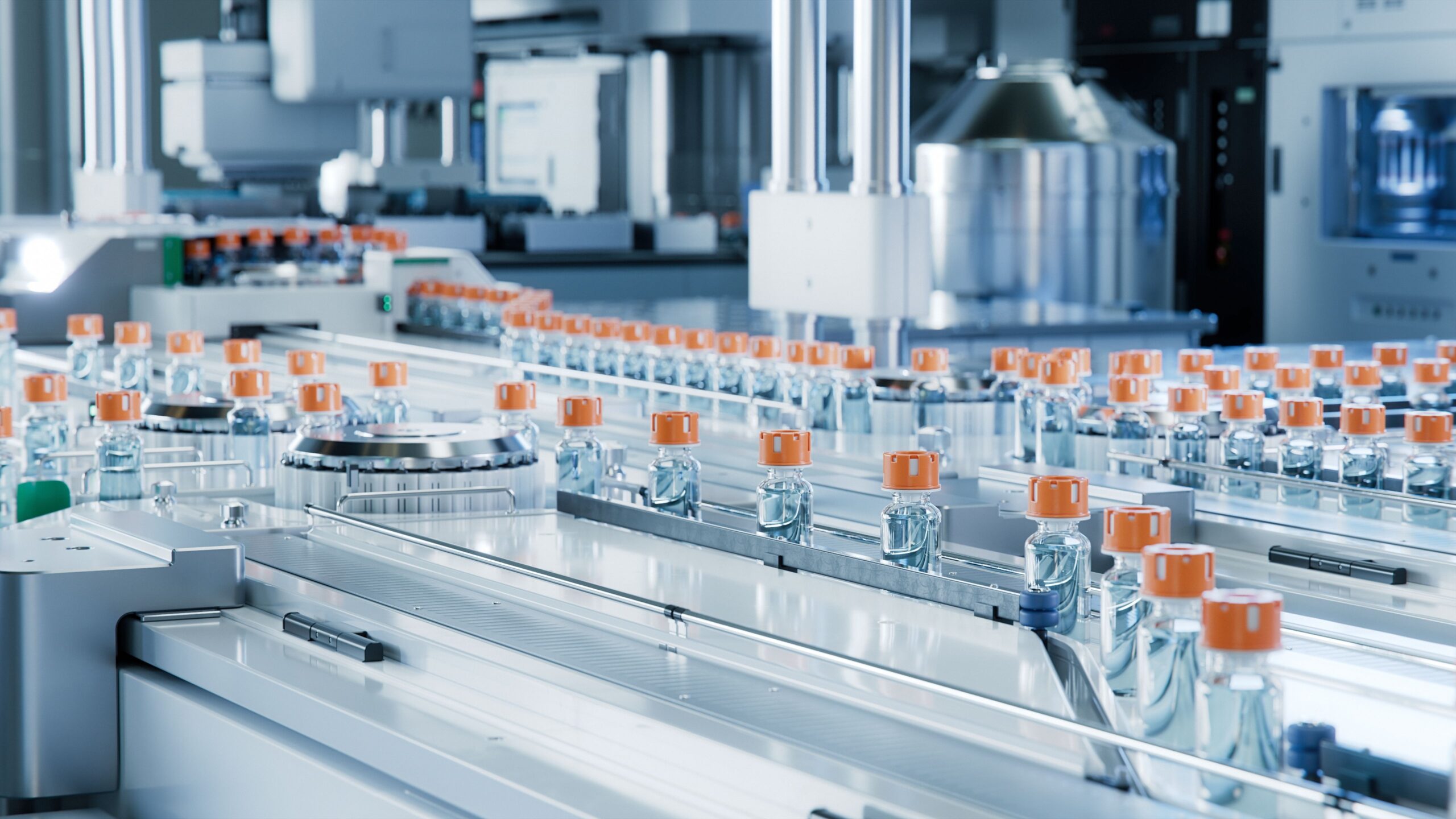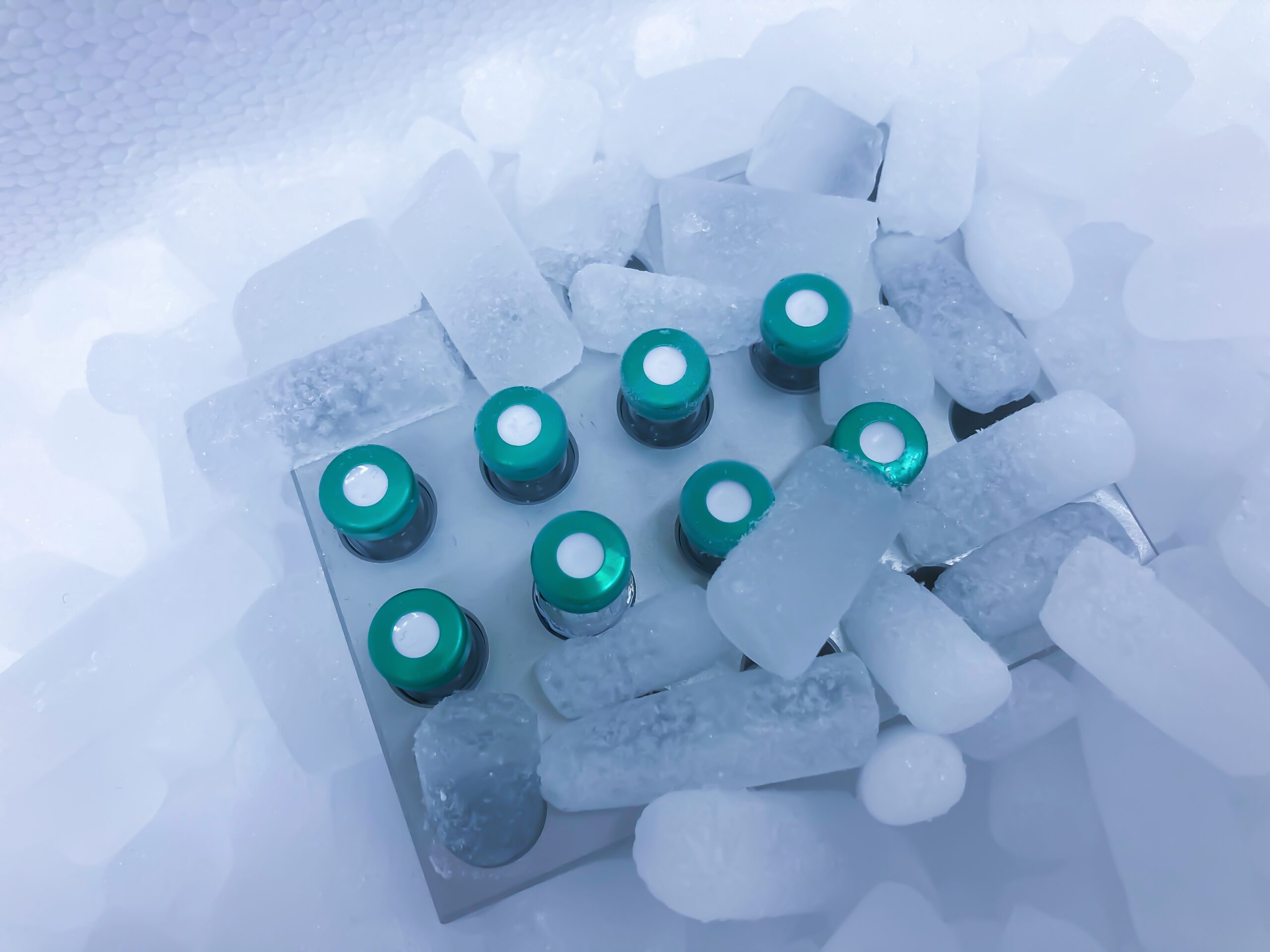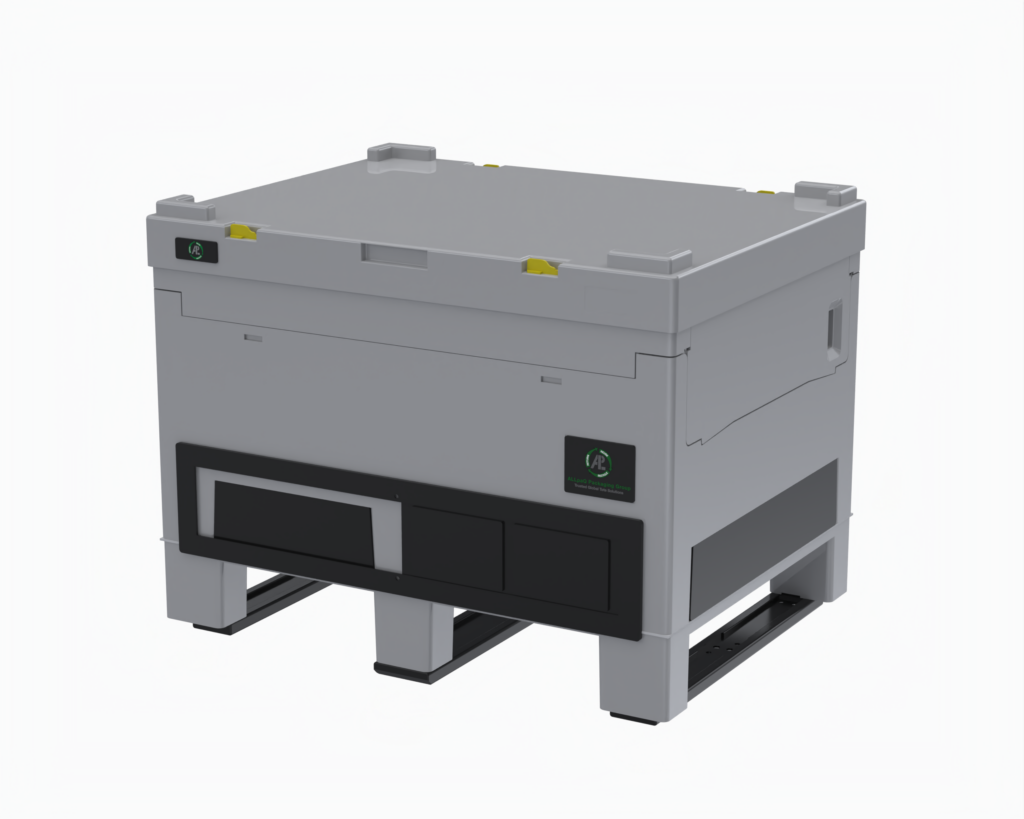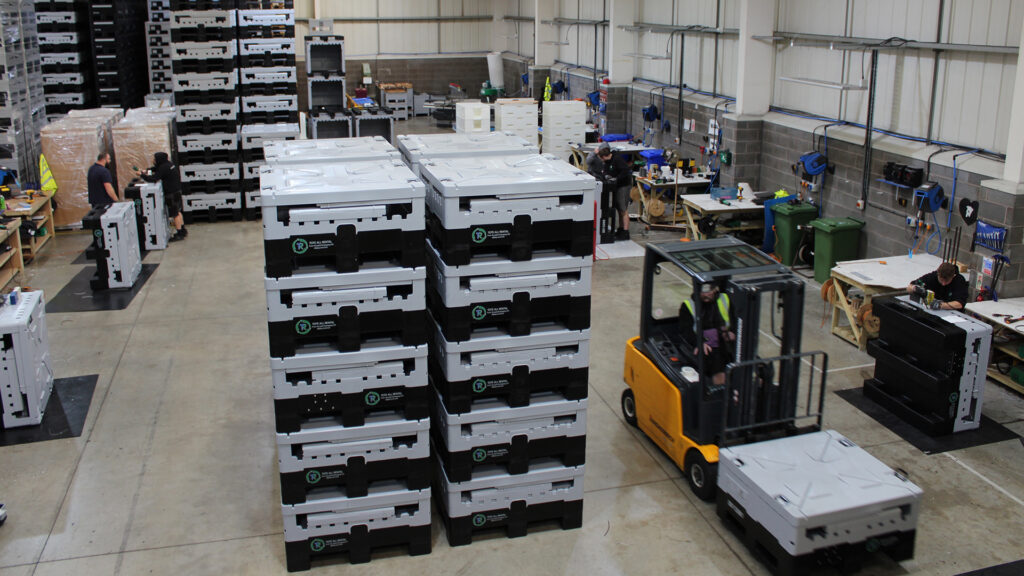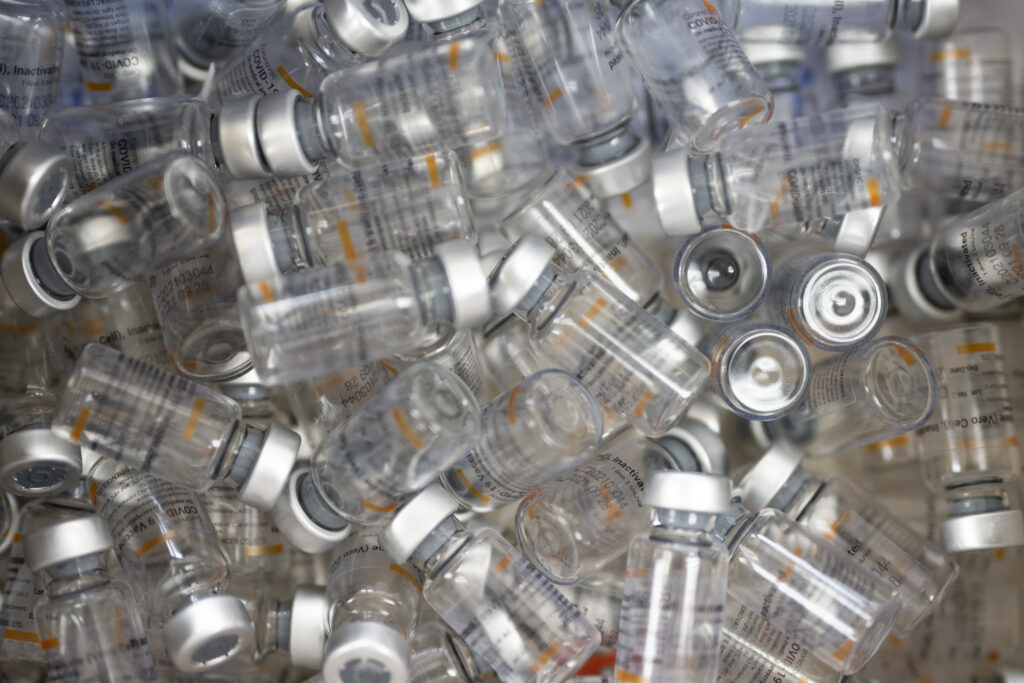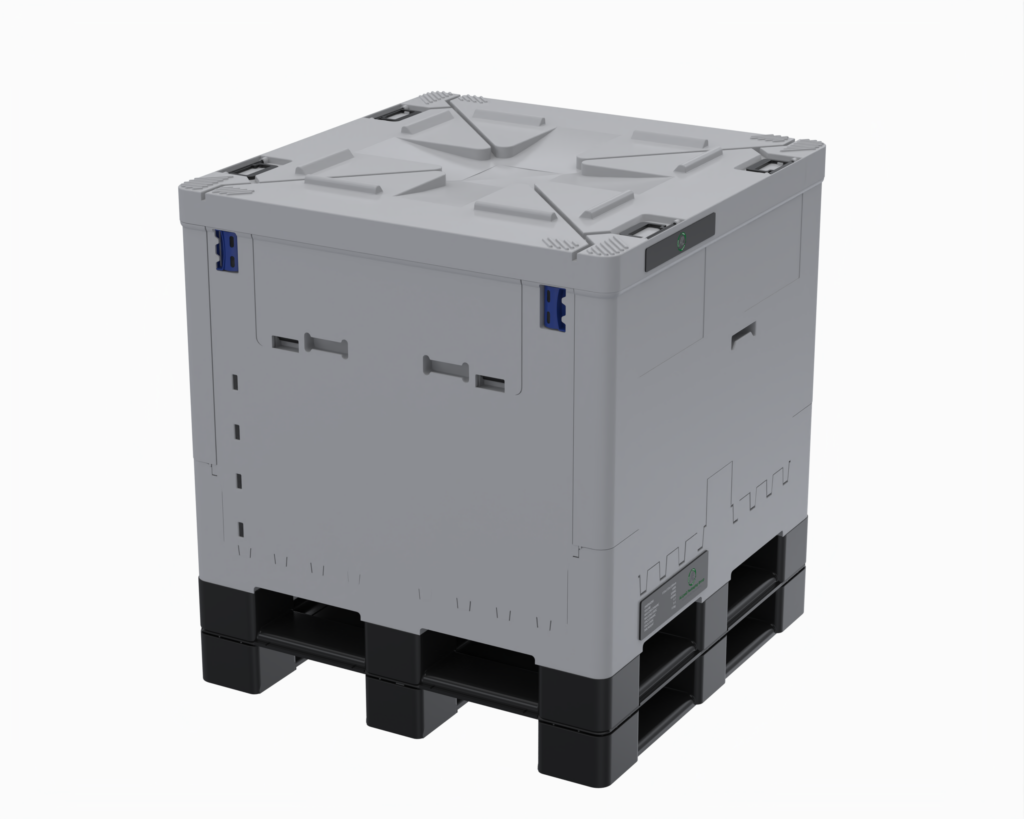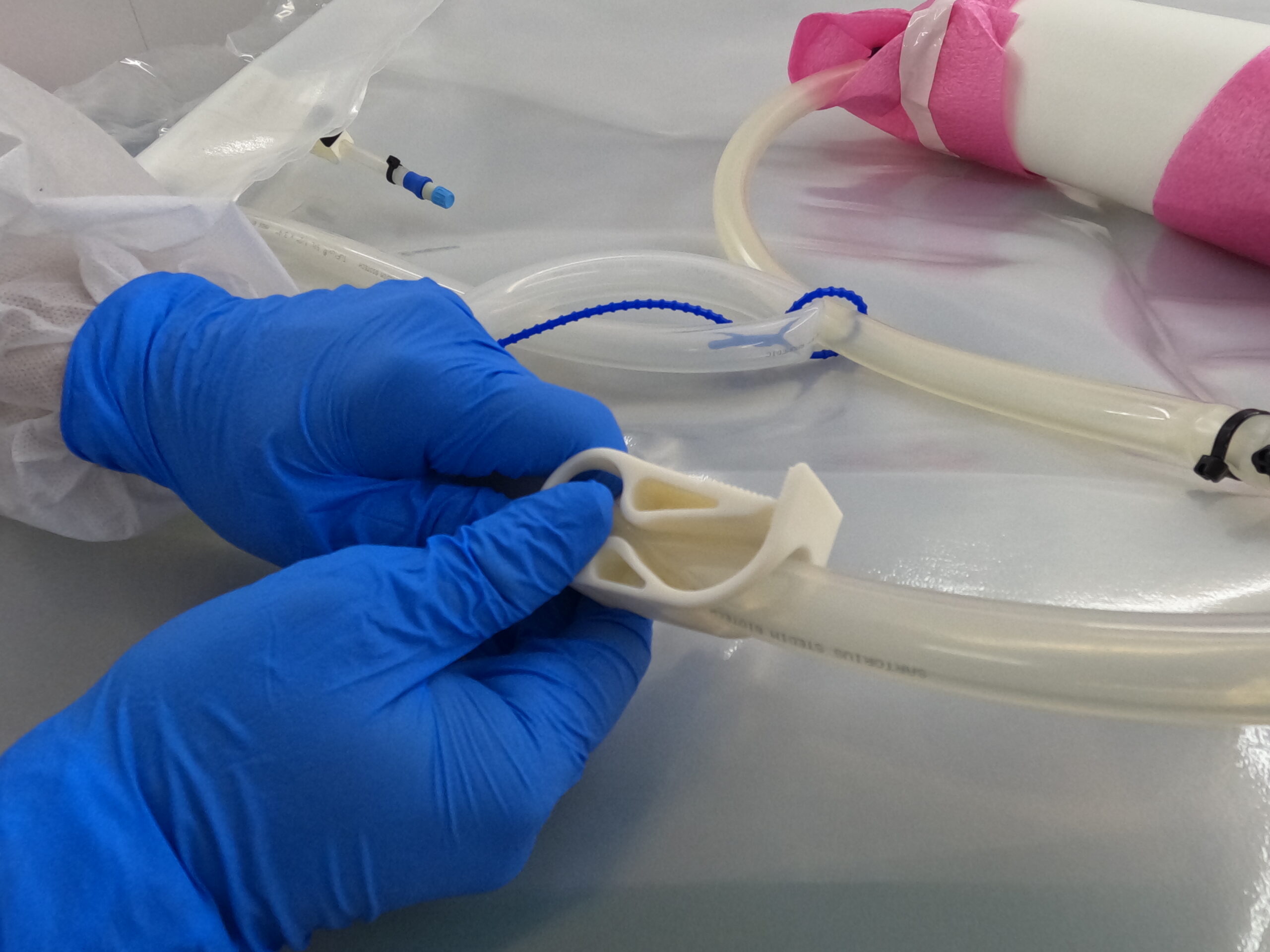posted by Niamh Allen
November, 26th, 2024
Company News Environmental
Vaccine development has been vital in combating some of the world’s most infectious diseases, from measles and rubella to influenza and coronaviruses.
In order to keep the general public immunised against such diseases, companies within the biopharmaceutical industry must follow stringent cold-chain vaccine transportation processes to ensure vaccine production is efficient, safe and consistent.
Throughout this blog, we investigate cold chain vaccine transportation in-depth and the importance of bioprocess containers within vaccine development.
What is cold chain vaccine transportation?
Cold chain vaccine transportation refers to the safe movement of biomanufacturing fluids from facility to facility – a crucial stage within the wider cold chain management process.
A significant element of cold chain vaccine transportation involves keeping vaccines stored as intermediates at their optimal temperature throughout the entire manufacturing cycle.
Maintaining safe temperatures throughout the vaccine manufacturing process helps to ensure an effective vaccine at the point of patient administration.
Why is cold chain management important?
Temperature control after vaccine production is essential in the biopharmaceutical industry for various crucial reasons:
Vaccine potency and product quality
Vaccines are sensitive biological substances easily impacted by temperatures or fluxes in temperature. Producing and housing vaccines at the incorrect temperature can change their biological composition, ultimately reducing potency.
For example, the MMR vaccine, like most others, should be kept within the 2°C-8°C temperature range, and away from direct light.
Furthermore, large molecule types including the mRNA vaccine have even more unique cold chain requirements and must be stored according to their biological requirements.
A failed vaccine can lead to significant risks such as unsafe products and ineffective immune responses to disease, which leaves vulnerable lives in danger.
Consequently, it could even create doubts about the effectiveness of vaccines, influencing patients to avoid future vaccinations altogether, and causing a spike in infection rates.
Company reputation
An unstable vaccine supply can create a lack of trust in the manufacturer from a consumer standpoint, who may even terminate your supply contract and award it to another company in the vaccine industry.
Given that healthcare providers run on efficiency, trying to win back their trust would be exceedingly difficult, so it’s best to ensure your processes are carefully monitored, and efficient production is maintained.
Reduced wastage
Temperature excursions that cause unfit-for-purpose vaccines ultimately result in wastage and lost profit. With enhanced cold chain management, resources, employee time and transportation costs aren’t needlessly squandered, and profit margins aren’t negatively impacted.
Vaccine transport during the cold chain
During the vaccine development process, it’s typically the manufacturer’s responsibility to ensure vaccinations are kept in temperature-controlled environments before distribution.
Biomanufacturing facilities follow strict vaccine storage procedures and utilise modern equipment to protect fluids from temperature excursions, contamination and impact damage.
Such technologies include bioprocess containers designed to house single-use bags.
Bioprocess Totes for vaccine transportation
The integrity of single-use bags can be impacted by temperature variations and physical impacts during storage and transport, resulting in leakages that lead to contamination and wastage.
With this in mind, fluid transportation depends on effective and reliable storage equipment, such as ALLpaQ Bioprocess Totes, which are used to store and transport vaccine materials, filled into single-use bags.
Bioprocess Totes are traditionally multi-use crafted from foldable hard plastic materials that house, single-use bags containing vaccine solutions.
Why choose ALLpaQ containers?
ALLpaQ foldable bioprocess containers have revolutionised biopharmaceutical vaccine handling and storage. In addition to maintaining cold chain stability during vaccine storage and movement, ALLpaQ systems are reusable and offer additional ecological and cost-saving benefits, unlike single-use containers.
With our robust plastic vaccine storage and distribution systems, you can fully trust that your biological products maintain their efficacy throughout the manufacturing process.
This is thanks to their extreme durability and strength properties that shield media from impacts during transit, optimal temperatures are maintained and the likelihood of bag tears is reduced significantly.
Additionally, the potential for contamination is greatly reduced thanks to smooth jet washable surfaces for easy cleaning.
Other advantages include:
- Collapsable walls for efficient storage
- Pallet bases for warehouse storage and forklift handling
- Customisability for unique applications
Speak to our specialists
Eager to revolutionise your current biological storage laboratory systems? If so, you’ve come to the right place.
At ALLpaQ, we’re experienced manufacturers of bioprocess containers trusted by clients and partners in over 25 countries worldwide.
Our expert team can assess your particular bioprocessing requirements and help you choose a bioprocess container that meets your needs.
To find out more, contact a member of our team online or call us on 01472 800 373.
TAGS:
ALLpaQ, ISO14001, sustainability,
SHARE:
Author
Niamh Allen
As a dedicated and detail-oriented Marketing Assistant, Niamh brings a strong passion for creativity and analytics to the marketing team.
